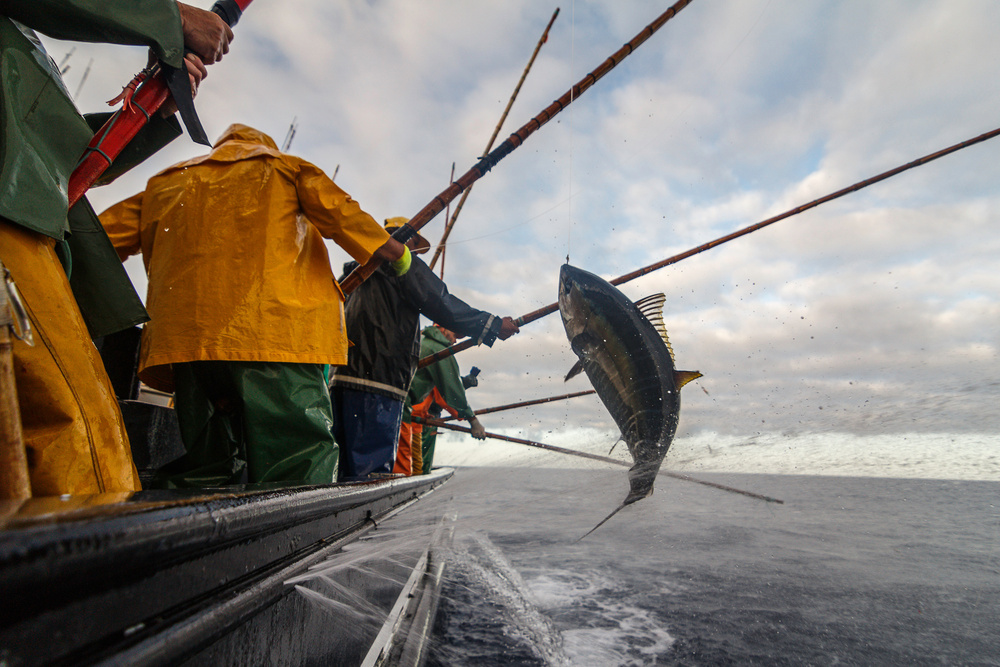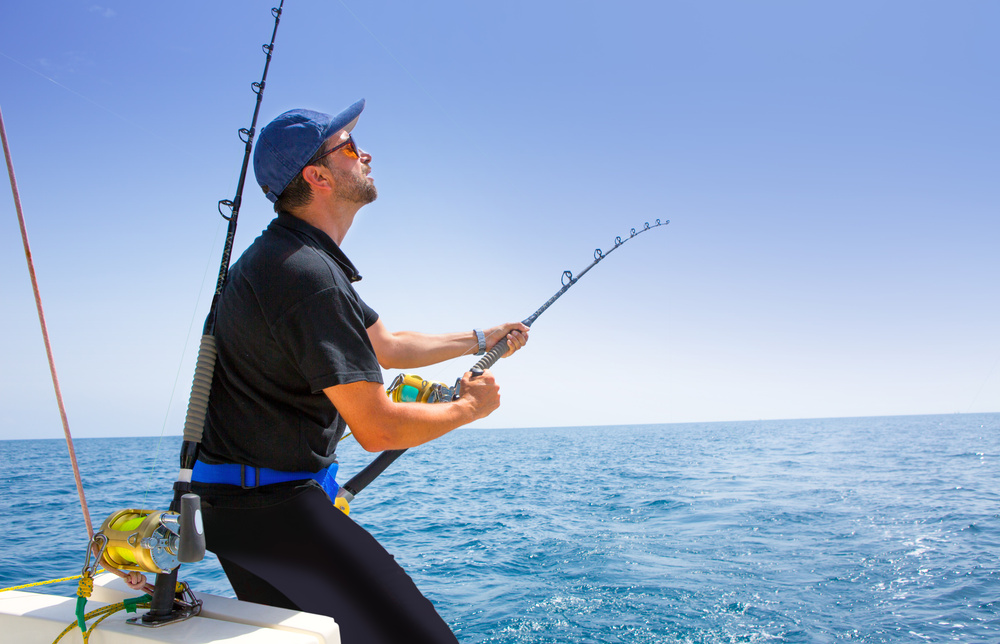Offshore fishing can be an exhilarating adventure that you might be interested in. But first, you should be aware that offshore fishing is done in the deep sea, which can be a little bit difficult for a beginner. However, if you have basic knowledge of different species of fish, locations to fish, and equipment, then you’re good to go.
In addition, you must be prepared physically and mentally because the deep sea can be brutal for a beginner. If you’re not used to being in vast open waters, you might get seasick the first few times, but the adventure begins once you get used to it.
So, if you’re a beginner in offshore fishing, here are five ways for you to learn:
- Choose The Right Bait Or Artificial Lures
You’ll realize, in offshore fishing, the bait used differs from the ones in shallow fishing. The type of fish you’re looking for will determine the kind of bait you’ll use. For example, you can use live bait such as shrimp if you’re looking for small fish, but big fishes like sharks require chunky and oily bait. If you’re uncertain about the right bait, consult the local charter company you’re using.

On the other hand, you can also opt for artificial lures to catch fish when fishing offshore. Artificial lures are available in different shapes and sizes and are primarily designed for offshore fishing. You can see this here on how artificial lures are crafted. When fishing, the artificial lures can be dragged behind the boat in a technique known as trolling. The advantage of this fishing method is that it’ll enable you to cover a large area, thus catching a lot of fish. You can also consult local fishermen on the best lures for that area before deciding on the bait.
- Hire A Professional Charter
The deep sea can be ruthless, and it’d be best if you hired a professional charter as a beginner to guide you in navigation. The charter will also be beneficial in helping you find the best fishing location, which can be tricky for a beginner. Don’t hesitate to ask questions. Also, be willing to learn from the charter about the safety measures while fishing and how to have a successful trip.
Moreover, an experienced charter captain will teach you how to navigate rough waters and when to turn back. While you intend to fish, it’s also crucial that you have an enjoyable and safe trip, so you must learn to observe the weather and make it through rough waters. Hence, ensure that the charter you’re hiring is well-experienced and can guarantee a safe trip.
- Get The Right Equipment
The fishing rods and lines used in offshore fishing are more prominent and potent than the common ones used in shallow fishing. When buying fishing rods, ensure that the reels have high cranking torque, are good quality, and are designed for deep-sea fishing. If you’re hiring a charter, you can ask the charter crew about the best equipment to use.
If you’ve opted for a solo adventure, you’ll also have to purchase additional equipment such as a GPS, nautical maps, and an offshore fish finder to help with navigation. However, most fishing boats have a navigation system and the necessary devices, but it doesn’t hurt to have a backup. Further, to make your trip comfortable, you can purchase fishing seats and a portable grill to enjoy your catch.

- Prepare For Motion Sickness
The deep sea can be rough for a beginner, and it’s normal to get seasick from all the rocking motions of a boat. There are several ways of handling motion sickness. First, ensure that you’ve carried anti-seasickness medication, which can be bought over the counter. The drug will help ease nausea, dizziness, vomiting, and other seasick symptoms.
In addition, it’d be helpful if you avoid eating or drinking too much before or during the fishing expedition to avoid throwing up. You can also stay hydrated throughout the trip and focus on fishing activities to get your mind away from being seasick.
- Understand The Legal Requirements
It’d be detrimental to find yourself on the wrong side of the law during your first offshore shipping expedition. Since offshore fishing is done in the deep sea, it’s governed by a number of laws that you should familiarize yourself with. Understanding the law will help you know the type of fish you’re allowed to catch, the quantity, and the type of equipment you’re allowed to use.
Further, if you’ll be hiring a local charter, local fishing laws will also be crucial in getting the correct permits. You need to understand that failure to abide by fishing laws can result in stiff penalties. In addition, illegal fishing activities such as hunting for shark fin can land you in trouble. Therefore, ensure you’ve learned as much as possible about the laws and fishing regulations before heading out to catch fish.
Conclusion
Offshore fishing should be an enjoyable adventure, even for a beginner. There are many ways to learn to fish, but the tips above can help you get started. While it might be scary to venture into unknown deep waters, guidance from an experienced charter captain can help you get through your initial voyage. Have fun on your adventure!








